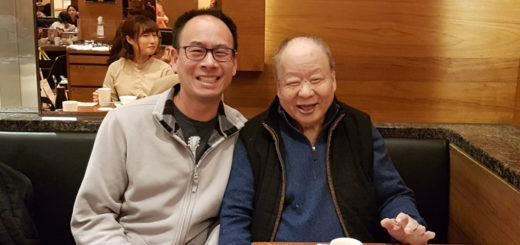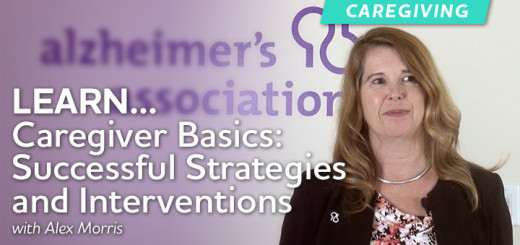Caregiver urges you to call the Helpline and take care of yourself
Tracy Barbieri’s husband Steven was diagnosed with Chronic Traumatic Encephalopathy (CTE) eight years ago. She shares how the Alzheimer’s Association’s Helpline made her feel special and how she’s learning to take better care of herself.
Is this a midlife crisis?
In 2011, Tracy and Steven Barbieri of Modesto had been married for almost 18 years. Steven was working as a VP and District Manager at Wells Fargo and Tracy was teaching kindergarten. Their three children were 21, 14 and 10 years old.
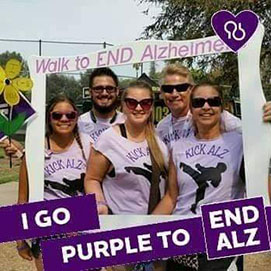
Steven and Tracy began to argue a lot. There were many miscommunications, to the point that Tracy began to worry something was wrong with her.
The day Steven forgot to pick up their daughters from school was the day Tracy knew it wasn’t her. There was something wrong with him.
She began to think that maybe he was hiding something or was using drugs. Then she asked herself if maybe Steven was going through a mid-life crisis.
A concerned boss
It wasn’t until Steven’s boss made a comment about Steven’s memory that Tracy decided to take him to the doctor. “I thought it was a hearing problem,” shared Tracy. “But the doctor started doing some simple cognitive tests and Steven didn’t pass.”
Then Steven went to a neurologist for more testing. “The neurologist would ask him a question and he’d give me a glance and I’d just answer,” shares Tracy. “I didn’t even know I was doing it. Looking back, I can see how I’d been covering for him.”
Steven received his diagnosis in 2011, just before his 52nd birthday.
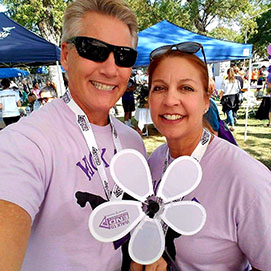
Feeling special, thanks to the Helpline
After getting the diagnosis Tracy and Steven started to attend a local support group. There they were introduced to the Alzheimer’s Association and the Helpline.
“I called the Helpline several times,” shares Tracy. “I was looking for support. I needed someone to cry to who wasn’t one of my children. I needed someone who was a great listener and I needed someone to tell me I wasn’t a bad person, despite feeling that way.
“The part that touched me the most was when someone from the Helpline called me back. They had asked me when it would be a good time to call back. I didn’t think anything of it at the time, but I was so surprised when they actually did call me back. They were checking up on me and cared about my feelings.”
Connecting others to support
Steven and Tracy have shared their experience publicly in multiple ways. They have participated in advocacy events in Sacramento and Washington, D.C. They are a top fundraising team and have spoken at the Walk to End Alzheimer’s and other Alzheimer’s Association fundraisers. This has led others to reach out to them for guidance.
When a close personal friend’s mother was diagnosed with Alzheimer’s, Tracy was quick to suggest calling the Helpline. “My friend kept reaching out to me, but I didn’t have the answers,” shared Tracy.
“I suggested she call the Helpline. They were able to get her into a local support group, answer her questions and offer support on how to talk with her family about making a plan to sign Mom up for hospice care.”
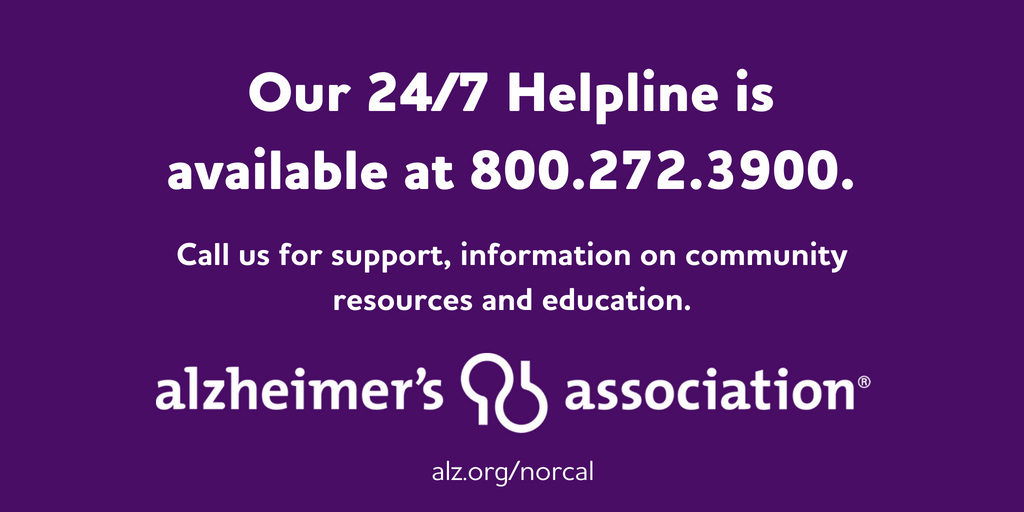
Bell’s palsy, a wakeup call
Steven and Tracy have three children. Their youngest was 10 years old when Steven was diagnosed. With her roles as care partner, mom and Kindergarten teacher, Tracy hasn’t had a lot of time to take care of herself.
In September, Tracy was diagnosed with Bell’s palsy, a condition where one side of your face become paralyzed. It forced her to take some time off from work and allowed her to take stock of her life.
“In the last few weeks at home I’ve realized that I never grieved Steven’s diagnosis,” shared Tracy. “I put on a happy face and said to myself “˜everything is going to be fine, nothing is going to change,’ but that’s not true.”
Tracy goes on to say, “I have to accept what this diagnosis means, and I have to start taking better care of myself.”

Self-care plans
Going forward, Tracy plans to do more things for herself. “I like to work out and spend time with my friends,” says Tracy. “I’m going to get a certification in TRX training, read more and do yoga.”
Tracy and Steven have taken many family trips since his diagnosis. They plan to continue to travel. Tracy says, “I want to spend more time with him and make the best of what time we have left.” Next summer they plan to go on an African Safari.
Tips for other caregivers
Besides reaching out for support, Tracy has two other suggestions for caregivers. First, she encourages caregivers to cry. “It’s okay to be emotional about the situation you’re in,” shares Tracy. “Take a moment to cry, then pick yourself back up and do what you need to do.”
Her second piece of advice is for caregivers to take time for themselves. “It’s important that you have an outlet,” says Tracy. “Give yourself permission to take care of yourself. It may seem selfish but it’s not.”
“Even if it’s just an hour a week to get a massage or see a friend you should do it,” continues Tracy. “You need to take care of yourself, so you are better able to take care of your loved one.”
The Alzheimer”˜s Association is here day and night for people facing Alzheimer”˜s disease and related dementias and their care partners. Call our free 24/7 Helpline (800.272.3900) or visit our website at alz.org.
Learn More





